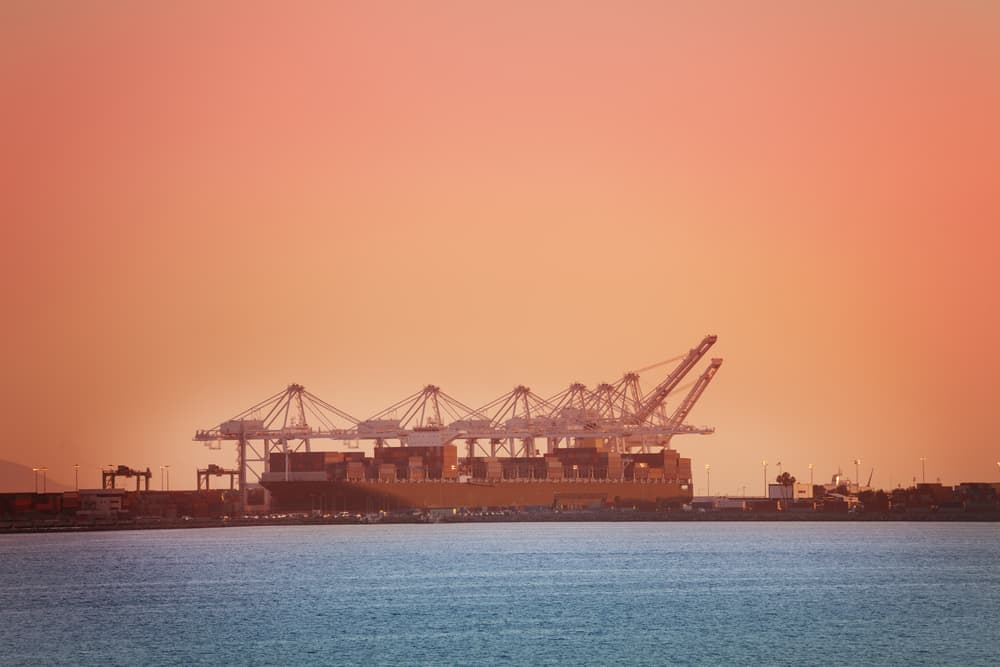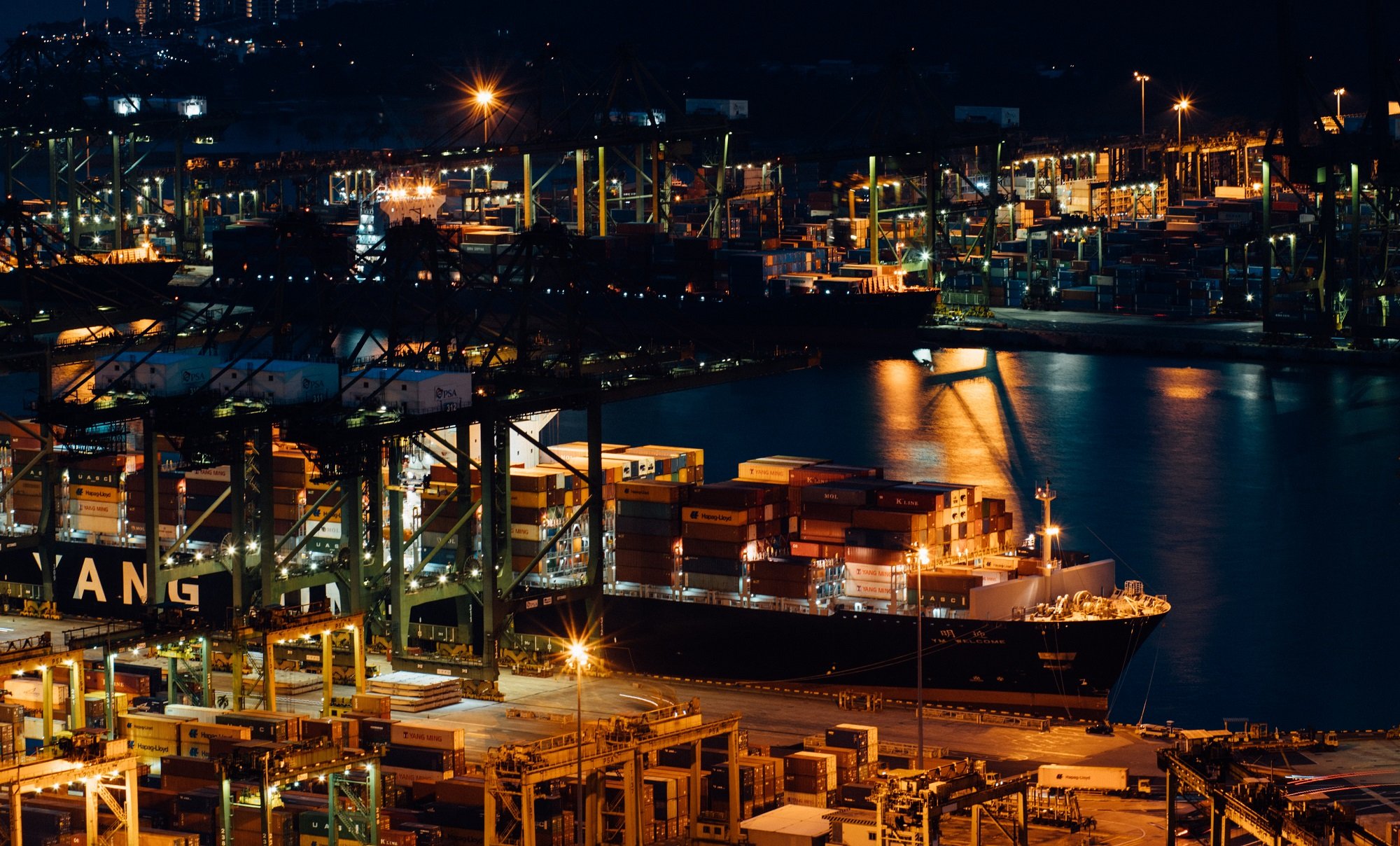The European Commission (EC) launchedan online consultation to evaluate its Ship Recycling Regulation that ran until early June 2023. The results of the work will probably increase the number of ships recycled in a responsible way and owners that fail to do this may face penalties in the future.
“Since 2013, the EU Ship Recycling Regulation has provided a regulatory framework for the recycling of EU-flagged ships. It acts as a benchmark for ship recycling legislation around the world. Most ships are built with materials that are suitable for recycling,” the Commission said in a statement at the time of the start of the consultation process.

Source: Lloyd’s Register
Ehud Bar-Lev, LR’s Global Manager, Ship Inspection & Assessment said that there is no reason to assume that there would be material changes to the regulations.
“When ships are dismantled, steel, other scrap metals and various types of equipment become available and can be reuse further. Many ships, however, are dismantled outside the EU, under conditions that are often harmful to workers’ health and the environment,” it noted.
The work has three objectives. The first one is to assess how well the regulation has been applied and its impact to date; the second one is to assess how well it contributes to the general policy objectives of the European Green Deal and the circular economy action plan and finally, to identify shortcomings with its implementation and enforcement.
Ehud Bar-Lev, LR’s Global Manager, Ship Inspection & Assessment said that there is no reason to assume that there would be material changes to the regulations, although ultimately that is down to the EC to decide based on feedback from consultees.
“The process as I understand it is that the EC is currently carrying out an evaluation of the regulation, with the support of a consortium, in order to analyse the efficiency of the regulation and to identify areas for possible improvement. An EC working document will be published off the back of this in Spring 2024. After that an Impact assessment phase will happen. Only after that can any amendments to the regulation be considered,” he told The Motorship.
Penalties for those that do not recycle at HKCfacilities
A possible concern to ship owners could relate to the “Financial Instrument” – in simple word: penalty – that is in discussion to apply to owners of ships that do not recycle in Hong Kong Convention (HKC) or EU Ship Recycling Regulation certified yards. “The idea of a financial mechanism has previously been considered in the past and pushed by the European Parliament, it could be re-considered to avoid a rising reflagging trend – if this is confirmed based on EMSA (European Maritime Safety Agency) statistics,” he said.
As a result of the work, sound and responsible ship recycling will expand both geographically and in capacity with the number of ships to be recycled expected to more than double within the next five years.
Efforts to decarbonise shipping will mean that more high value materials, such as rare earths in batteries, will be found on a growing number of ships. This can have implications for ship recycling. “It is expected that the Inventory of Hazardous Materials (IHMs) will include materials that were never used as common practice onboard ships, especially those using alternative sources of energy. Batteries and other power cells are a good example. This will likely drive additional change in the ship recycling industry over the coming years,” Bar-Lev stated.
As the wider regulatory framework is reviewed in light of the IMO greenhouse gas strategy pushing the industry on the road to decarbonisation, the HKC should also be considered for necessary review and updated as well, to keep it relevant and in line with the technologies and materials that will be found on ships in the coming years.
Moving to the question whether we can anticipate a switch to large scale ship recycling in Europe as a result of the growing use of more high value materials in ships, he said: “Not necessarily, unless the reward per ton of steel significantly increases, closer to the reward received in other locations.”
“Ship recycling often takes place in different geographical areas to shipbuilding, so the high-quality shipping steel is often melted down with other scrap locally to the recycling facilities in places such as South Asia and used in applications where the high-quality steel isn’t needed. Steel remains the main material that is ‘harvested’ from the majority of ship recycling,” he concluded.
Three forces likely to drive change
Martin Davies, Principal Consultant, in DNV said that heightened attention on end-of-life practices would have an impact on the ship recycling industry, but whether these would be significant or not is too early to determine. “New methods, technologies and business cases for greener and safer ship recycling are being developed in some locations, and it will be interesting see how these are received by the shipping industry,” he told The Motorship.

Source: DNV
Martin Davies, Principal Consultant, in DNV said that heightened attention on end-of-life practices would have an impact on the ship recycling industry, but whether these would be significant or not is too early to determine.
Forces that are likely to drive the change include greater focus on environmental, social, and corporate governance (ESG), consideration of recyclability already in the design phase – for example, by way of Life Cycle Analysis – and the circular economy.
Regarding efforts to decarbonise the shipping industry and the use of more high value materials ships on ships as a result would mean that ship recyclers would need to align their business and operating practices to the design and materials utilised in vessels being designed to meet the need for decarbonisation in shipping.
Asked if it would be reasonable to anticipate a switch to large scale ship recycling in Europe as a result of the growing use of more high value materials in ships, Davies said: ‘There are several drivers in multi-faceted ship recycling market contributing to the type and location of ship recycling activities. There are development opportunities for ship recycling in all locations.”




